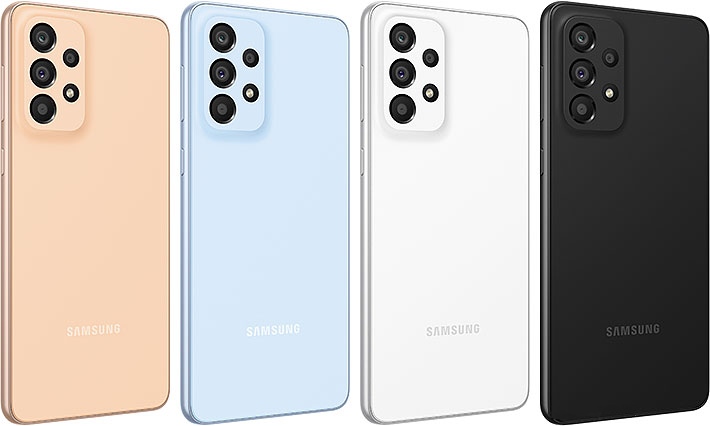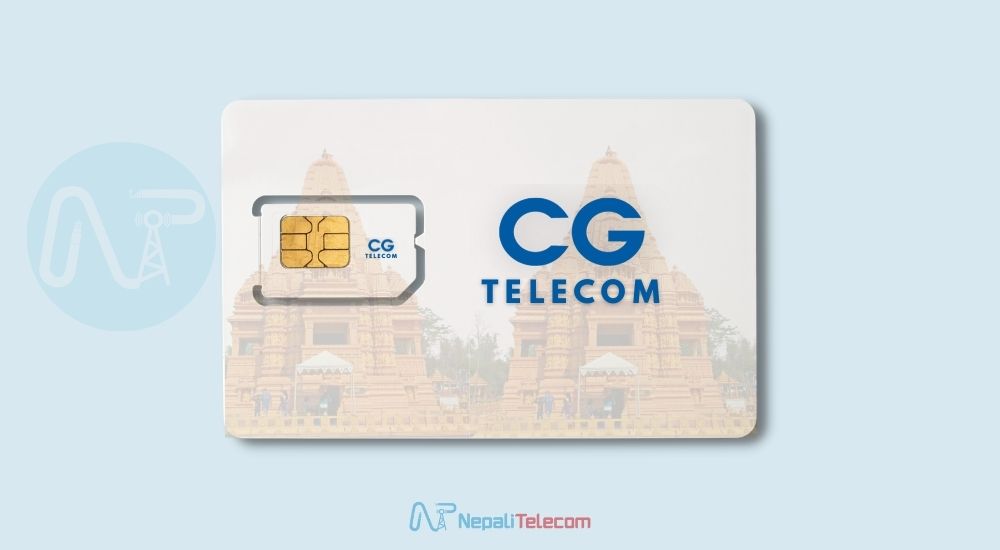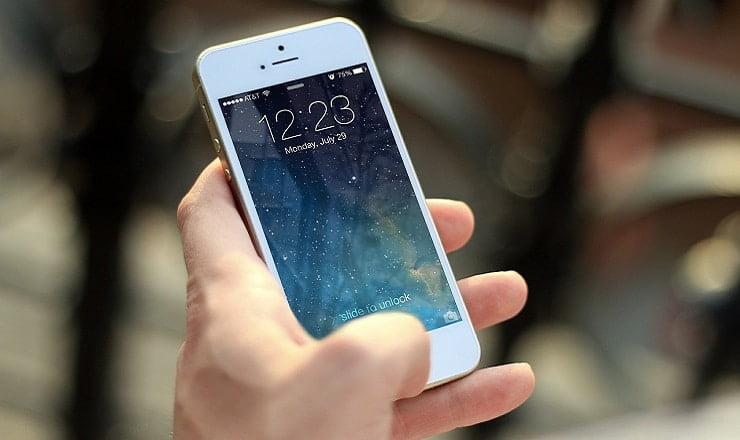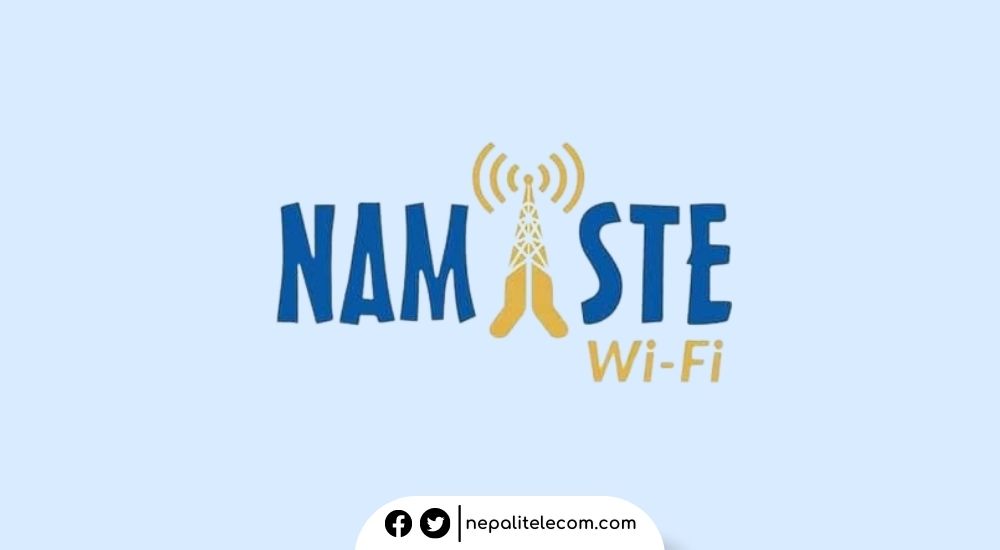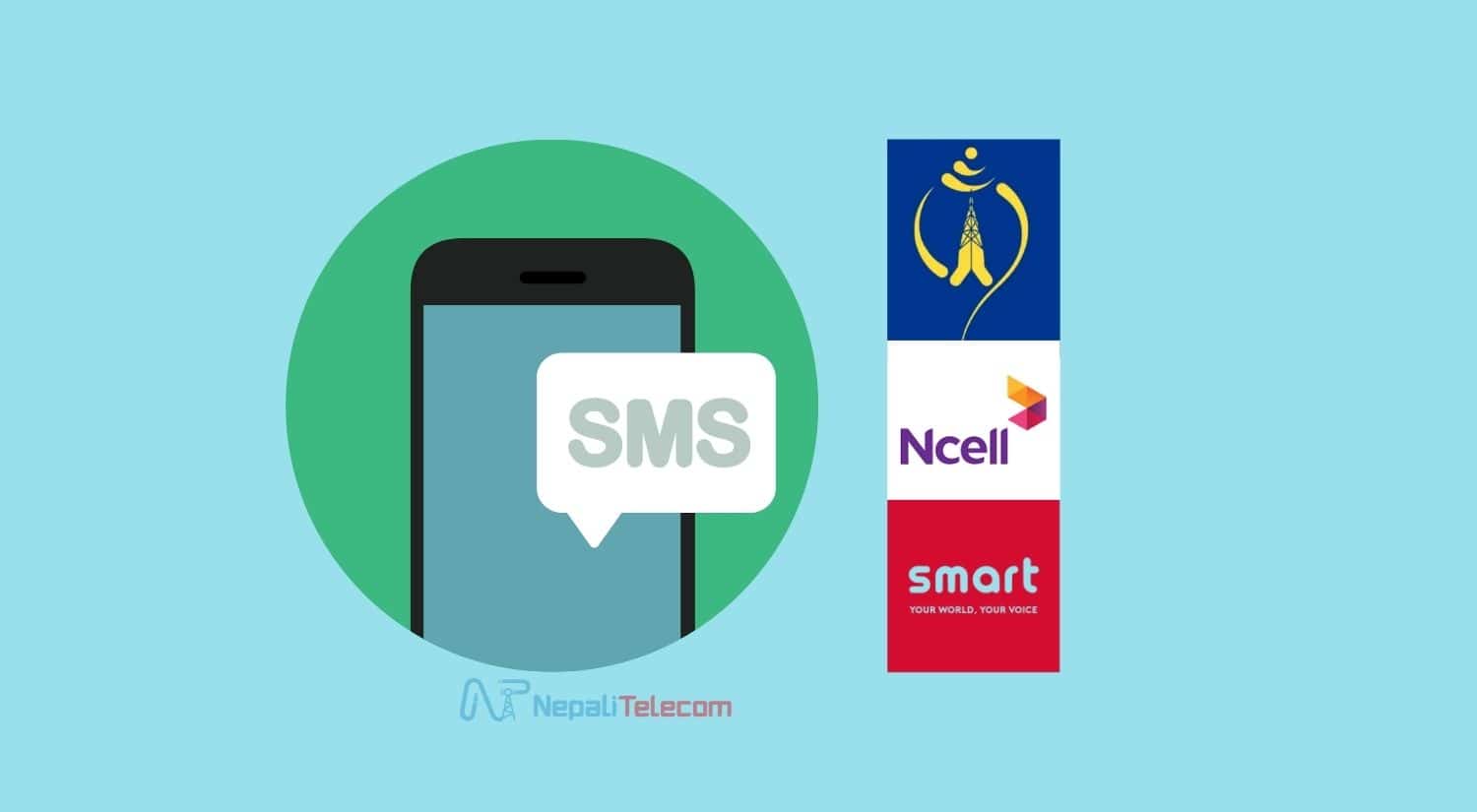Smartphone giant Samsung will soon bring 5G support to all of its entry-level phones. So far largely limited to expensive handsets, the South Korean company will likely be the first company to integrate the most advanced mobile network on low-tier phones making them accessible to even budget-phone-seeking consumers.
Initially, 5G was exclusive to flagship phones. But in recent months, upper mid-range and mid-range phones have also started to arrive with support for the ultra-high-speed network. Now, Samsung has decided to make a leap by bringing the much-sought tech support to even the cheaper ‘low-tier’ phones. When that happens, most Galaxy devices will be 5G-compatible. Samsung has already done this with some of its affordable phones. More on it is below.
Check out: Samsung Galaxy S22 Ultra Review, A Class Ahead!
But it could happen at the expense of higher specs
But the remarkable feature could come at the expense of some compromises. For example, Galaxy A32 5G comes with 5G support and a faster processor. However, the device failed to get a high-resolution display and a better selfie shooter. On the contrary, its 4G LTE sibling does come with all the bells and whistles missing on the 5G variant except for the 5G connectivity.
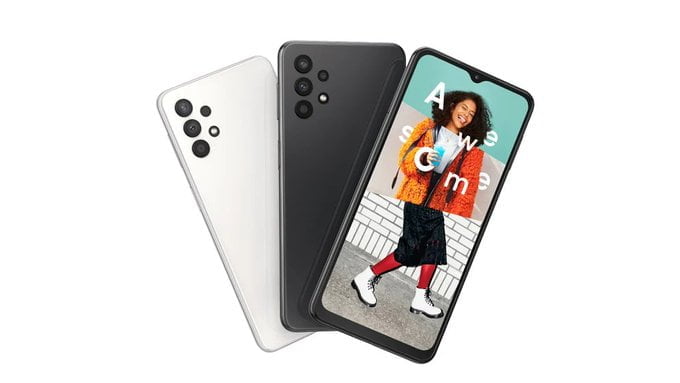
The 5G variant devices have traditionally remained costlier too. But Samsung will surely have a plan for it. Reportedly, the company will be region-conscious while bringing its phones with 5G support. Likely, the price for such phones will be lowered down to meet consumer demands.
Also read: Samsung Mobile Price in Nepal [Latest 2024 Update with all the devices’ Specs]
Will you buy entry-level Samsung phones with 5G support?
The question could be tricky for some. Despite being a few years old, 5G is not yet available in many parts of the world with many operators in states still preparing for trials. Further, cheaper 5G phones won’t be coming with other notable high specs in their optics, displays, design, and others.
The lack of compact specs in a 5G phone could turn off many potential buyers from approaching. However, 5G connectivity does have its advantages.
5G-enabled phones come with efficient processors. Devices are likely to be snappier and more intuitive to use. More obviously, users will be able to enjoy blistering mobile broadband on their phones. Online gaming, video streaming, downloading and other activities will run with the breeze.
Further, 4G LTE will gradually fall behind in relevance with the growth of 5G. The 5G ecosystem is already growing and soon lesser number of people will be using the older-generation networks for mobile services. Just like 2G and 3G, many people will discard 4G when the next generation 5G network becomes more ubiquitous.
For now it seems, the 5G ecosystem is just building.
Check out: 4G vs. 5G: Differences Between Two Mobile Networks
Will you be eager to try 5G on an entry-level phone when Samsung launches them? Do share in the comments below.


